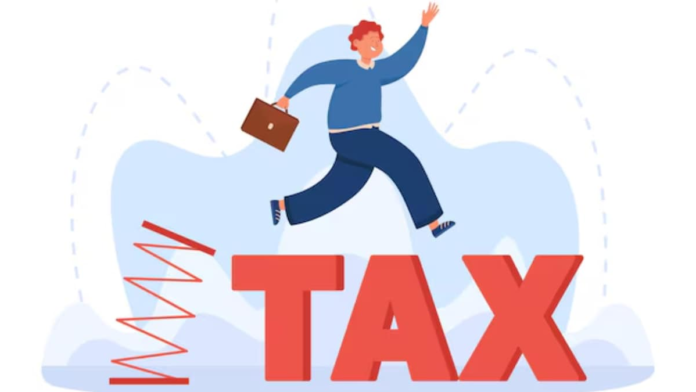The Indian government introduced a new tax regime in 2020, offering lower tax rates while removing several exemptions and deductions available under the old system. Initially optional, this regime became the default in 2023, requiring taxpayers to opt out if they wished to continue under the old structure. Despite the removal of many benefits, certain allowances remain exempt under the new tax regime, providing some relief to employees.
ALSO READQuant Mutual Fund to shift focus from defensive to growth and cyclical stocks Exemptions and deductions Under the New Tax Regime
Despite the overhaul, certain allowances continue to be tax-exempt:
- Standard Deduction: All salaried employees and pensioners are eligible for a standard deduction of Rs 75,000.
- Retirement Benefits: Gratuity and leave encashment received at retirement remain non-taxable.
- Employer Contributions to NPS/PF: Contributions by an employer towards the National Pension System (NPS) or Provident Fund (PF) remain exempt.
- Income from the Agnipath Scheme (Section 80CCH)
Allowances Still Exempt
- Transfer-Related Allowance: Employees relocating for work can claim tax-free transition expenses.
- Conveyance Allowance: Work-related travel allowances remain exempt for those without employer-provided transport.
- Allowance for Disabled Employees: Transport allowances for employees with disabilities are tax-free.
Allowances absent Under the New Tax Regime
Several key exemptions have been discontinued, including:
- Leave Travel Allowance (LTA) under Section 10(5).
- House Rent Allowance (HRA) under Section 10(13A).
- Other Special Allowances under Sections 10(14) and 10(17).
- Entertainment Allowance & Professional Tax under Sections 16(ii) and 16(iii).
ALSO READKey changes in budget 2025 apart from tax-free 12 lakh income- Full details here
With these changes, taxpayers must reassess their tax-saving strategies. While the new system simplifies tax computation, understanding exempt allowances can help optimize savings.
» Read More


